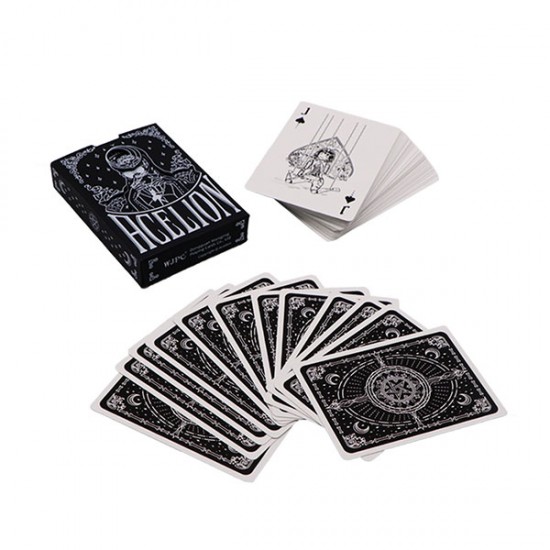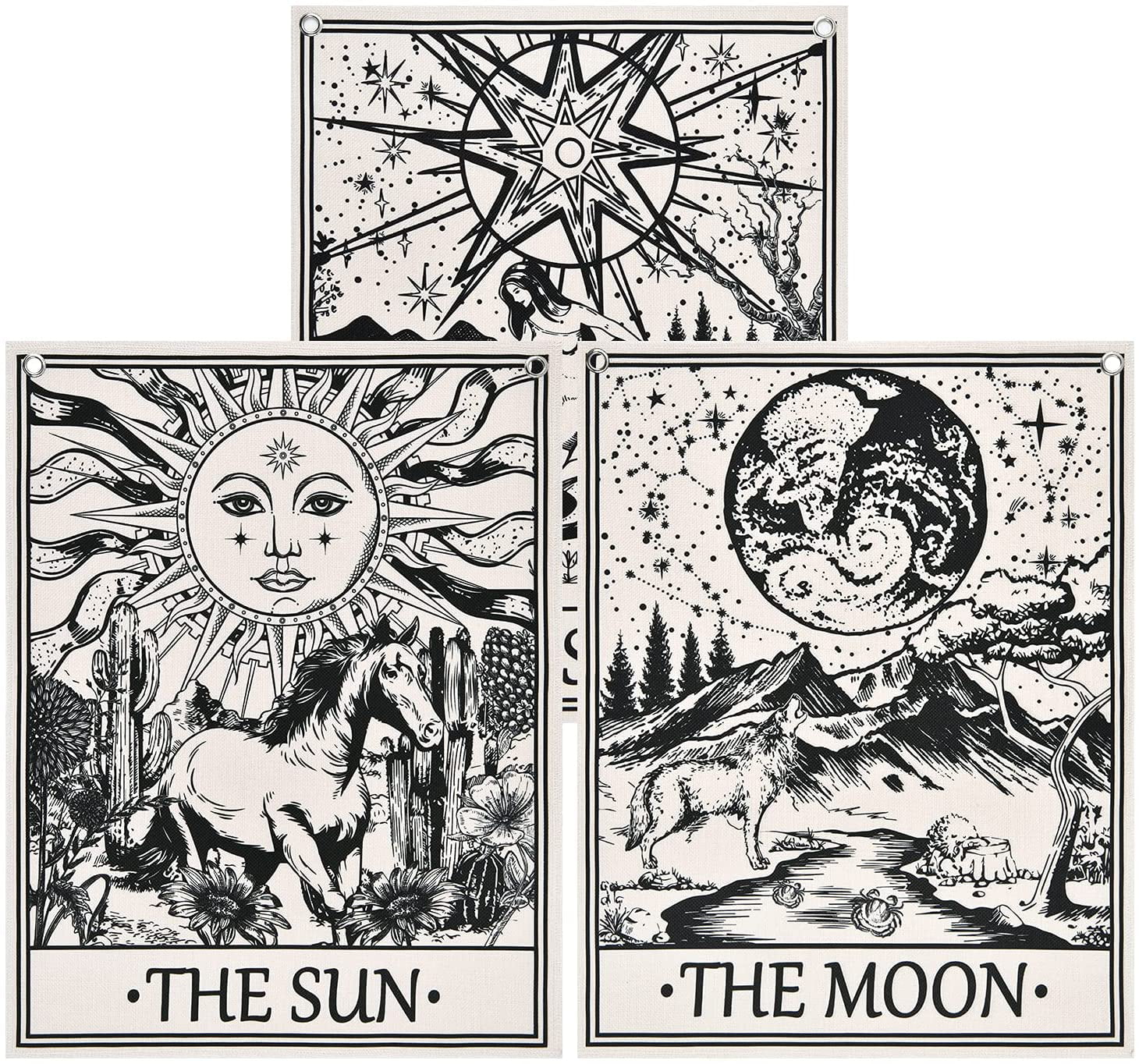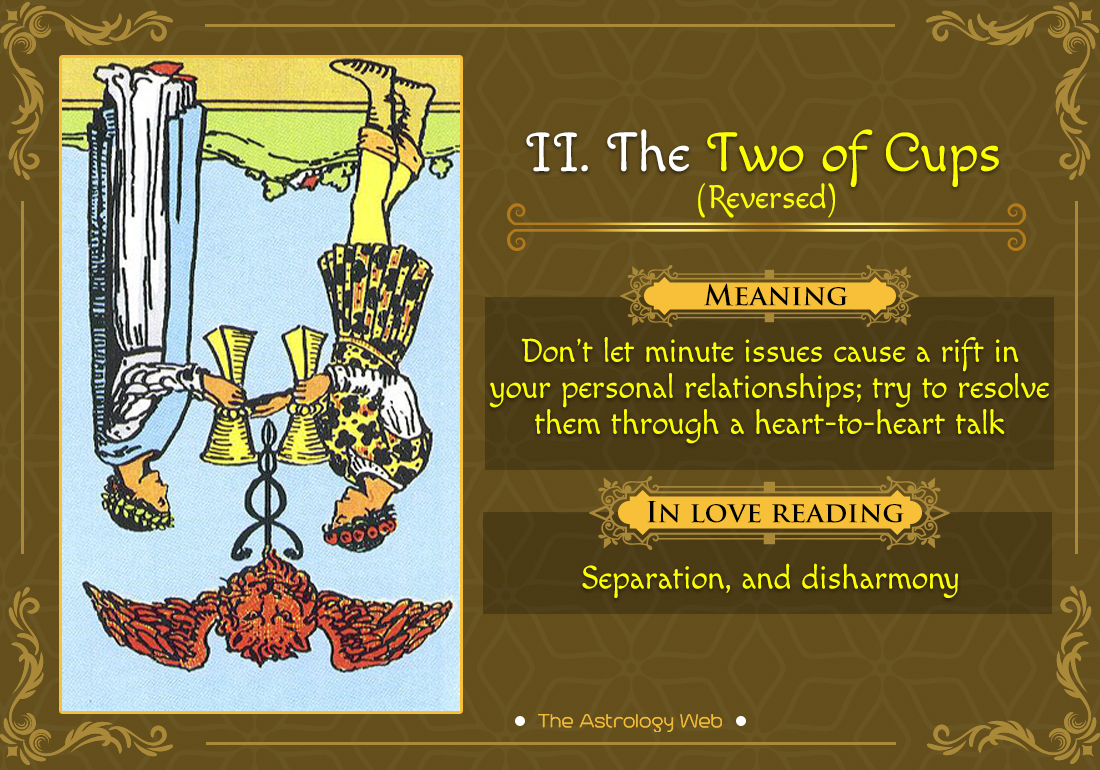
Oracle cards readings can help you tap into intuition and gain insight. Oracle cards are a type of divination tool that are used to answer questions about life and the future. They are more simple than tarot cards and can be used to connect with your intuition and spiritual guides. They are an excellent tool for beginners and are simple to use.
Before you start reading oracle cards, it is important to clear your mind. Clear out negative energy. You can do this by using crystals or white sage. Meditation is another way to clear your mind. This will prepare your brain for the reading and allow you to receive intuitive messages via the cards.

After clearing your space, set your intentions. Call in high-vibrational energy to guide and guide you through the reading. Also, you should call upon your ancestors, spirit guides and protectors. A closing affirmation should be recited. When you feel calm and relaxed, it's time to start reading.
It is important to choose a deck that resonates for you. A deck with animal imagery, for example, might be appealing to you. You may also be attracted to decks that contain affirmations or archetypes. It is possible to be drawn to a deck for its aesthetic qualities. Follow your instincts and select a deck that feels right to you.
A simple three-card reading may be enough for someone who is new to using oracle cards. You can always increase the number of cards you use as you get more comfortable. You can also perform a spread for a more in-depth reading. There are many ways to do an oracle reading. The purpose is to allow your intuition to guide you, and you should not worry about overusing the cards. Oracle cards are also useful for journaling and meditation.
If you are using an Oracle deck, it is important to shuffle the cards as you go. A clean deck is vital. Clearing the deck with sage, or any other cleaning agent can help. You can also use crystals for clearing any negative energy. You should finish reading the cards. After that, you need to clean them up and keep them safe.

Before you begin an oracle reading, you should select a deck that you feel represents you and your needs. Your life stage may influence your choice of deck. Cards that depict angels or natural imagery could also be appealing to you. You can learn more about your specific card by examining the artwork and symbols on the cards. Ask questions about the meanings of your cards.
FAQ
How do I find a hobby that interests me?
At first, it may seem like there is nothing you can do.
You might be thinking "I'm not very creative" or "I am terrible at sports" or even "I don’t know anything”.
However, it is likely that you already have a lot to draw on when searching for a hobby.
It's just that you haven't realized it yet.
Have a look at your home. Do you have a lot of stuff?
Do you still have toys?
Perhaps you own a collection or magazines.
Perhaps you've always wanted a career in cooking.
Or maybe you'd really like to start playing guitar again.
Whatever it may be, you can likely turn it into something.
Realize that you have many experiences already.
Once you have done that, you will be able choose a hobby that suits your lifestyle.
What is a collection hobby?
Books, movies, music and comics are the most popular collections.
Collect stamps, coins, cars, dolls and action figures as well as art supplies, tools, jewelry, watches, gadgets and furniture.
I believe you get the idea.
What are some competitive hobbies?
You can compete in running, swimming or cycling as well golfing or tennis.
They're usually played by people who enjoy physical activity but also provide an opportunity for social interaction.
You'll likely find others who are interested in your hobby if it involves physical activity.
This could include joining a club/group that allows you to play sports together regularly.
You might also choose to participate in team games involving playing alongside others.
These include cricket, football, netball, hockey, netball, soccer, rugby, cricket, rugby, batsball, hockey, volleyball, badminton squash, handball and table tennis.
There are many types competition.
Some competitions exist solely for recreational purposes.
Others are designed to test the skill of competitors.
Yet, there are others that reward exceptional performance.
These cases result in prizes for the winners.
Other competitions test strength and endurance.
These are called endurance events.
For example, marathon races, triathlons, Ironman Triathlon, etc.
Athletes train hard before they compete in these events.
They will adhere to a strict training program that prepares them mentally as well as physically.
They might need to travel some distance during preparation.
It is important that you remember that not every athlete can compete in every type or event.
Where can you find free resources that teach more about hobbies and interests?
There are tons of websites devoted to helping people discover new hobbies.
Here are some favorites of ours:
www.trythisathome.com - This site provides a list of over 100 different hobbies. It also provides information on how to get started in each one.
www.hobbyfinders.org -- This site provides a searchable database of thousands upon thousands of hobbies that you can browse by skill level, location and interest.
www.indiebazaar.co.uk - IndieBazaar is an online marketplace designed specifically for independent artists and musicians. The site has hundreds of products, from artwork to music equipment.
www.pinterest.com/explore/hobbies - Pinterest is a social media network that lets users "pin" images they find interesting onto their boards. Boards let users organize what they like into particular categories.
www.reddit.com/r/Hobbies: Reddit, another social media platform, allows users to post links to articles and videos. Voting allows users to vote for the most valuable posts.
Statistics
- In comparison, men in the “no humor” condition were refused 84.6% of the time and were only accepted 15.4% of the time. (time.com)
- The Role of the Mind in Sex, Dating, and Love: Men in the “humor” condition received phone numbers from 42.9% of the female participants and were refused 57.1% of the time. (time.com)
- Much of this decline reflects the fact that teens are less likely to work today than in the past; among employed teens, the amount of time spent working is not much different now than it was around 2005. (pewresearch.org)
- I am 100% biologically a woman (discover.hubpages.com)
- Studies show that just six minutes of reading can reduce stress levels by 60 percent. (oberlo.com)
External Links
How To
How to Start Gardening
Gardening has been around since the dawn of agriculture. It requires patience, persistence and determination. It is important to choose the right location for your garden. You could choose to plant food on a large parcel of land, or in your own backyard. Next, choose what kind of plants you would like to grow. Do you prefer vegetables, or flowers? Some people love to grow herbs, while others enjoy raising animals like rabbits. Before you decide on the type of crops you want to plant, it is important to consider the space available. If your climate is cold, you may decide to plant berries and fruits.
Once you have chosen what you will be planting, you must take some time to prepare your soil. Your plants' success or failure will depend on the soil they are placed in. Good quality soil contains organic matter that helps feed your plants' roots. Organic matter is made up of leaves, twigs grass clippings, manure and compost. Once your soil is prepared, it's time to add nutrients. You may need different amounts depending on what type of plants you are trying to grow. A fertilizer calculator online can help you determine these values. There are many fertilizers available so be sure to know what you are purchasing.
After you have prepared your soil, and added the correct nutrients, you will need to wait until your seed germinates. This can take anywhere from two weeks to three months depending on where you live and how warm it is. Once your seeds have sprouted, you need to water them regularly. Too much or too little water can cause problems. Make sure to give your plants water at regular times and not overwater. Overwatering can lead to root rot and fungal diseases. It is important to remember that plants will need less water in summer than in winter when watering them. Some plants must be dried out after being watered. Tomatoes for instance need to remain slightly moist, but not wet. Soggy soil is not good for them. After the plants have finished flowering they must go dormant. Dormancy is when plants stop producing new growth and begin storing energy for the next season's harvest. Dormancy occurs when the plant stops sending signals that tell its roots to produce food. During this period, plants continue to store energy. The plant will eventually die if it is not given enough sunlight or temperatures below freezing.
Living in urban areas may restrict the types of plants you can plant. Urban areas tend to contain concrete sidewalks, roads, buildings, and parking lots that block sunlight from reaching the ground. Concrete absorbs sunlight and blocks the soil below from receiving adequate sun exposure. This is why many plants cannot thrive in cities. There are many plants that can survive in urban environments. Many trees, shrubs, perennials, and other plants can adapt to urban life. Many annuals can be grown indoors, too, in containers. Container gardens allow you to bring fresh greenery into your home year-round regardless of the weather outside.
You are now ready for planting!